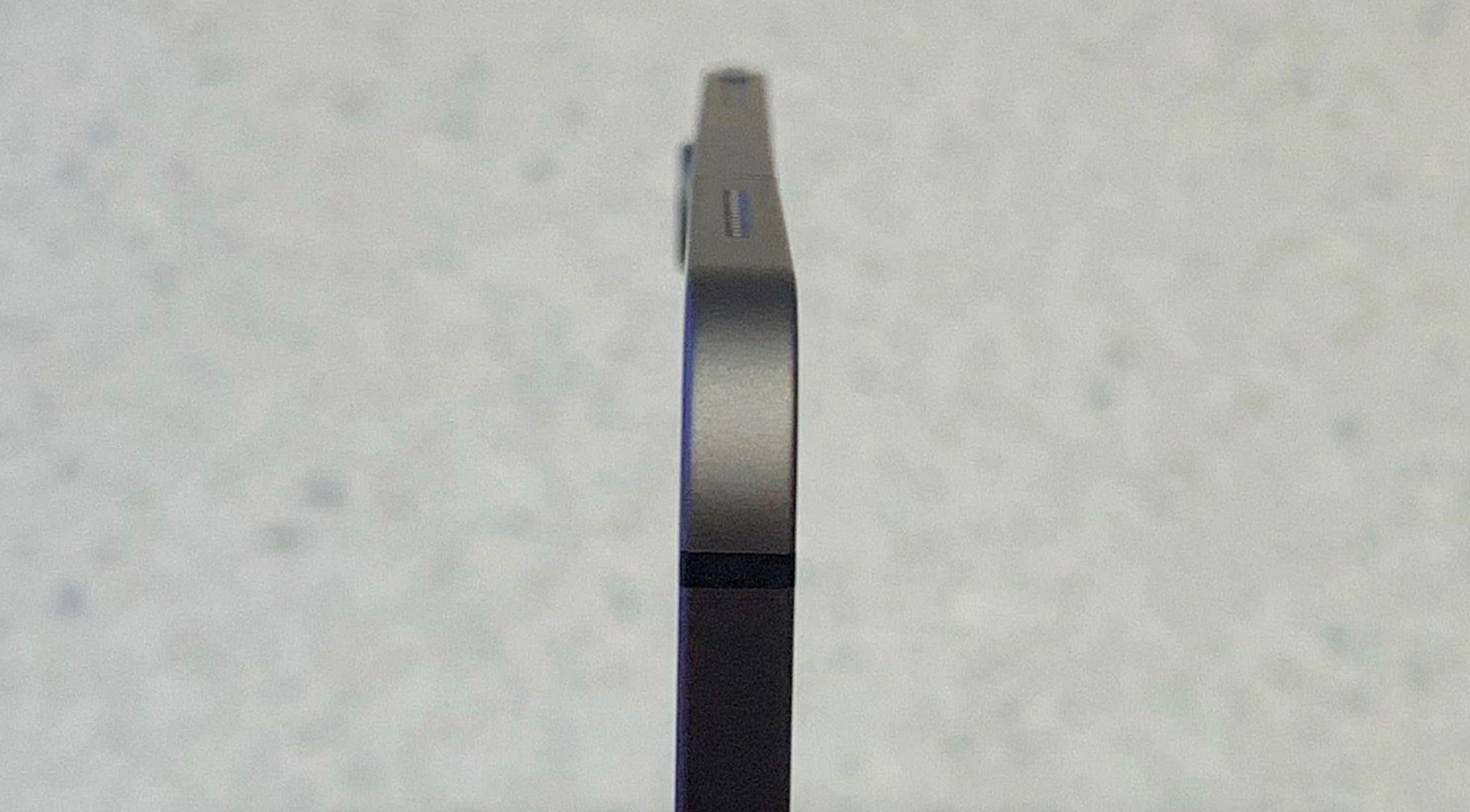
In an effort to dispel the bending controversy, Apple yesterday published a support document that lays out how the new iPad Pro’s unibody enclosure is designed, made and tested.
It reads:
The design of these new iPad Pro models incorporates a precision aluminum unibody enclosure that is strong, light and durable. Instead of the curved edges found on previous-generation iPad models, these new iPad Pro models feature a rectangular design with straight edges that efficiently packages the advanced technologies inside.
At 400 microns, which is about the width of four sheets of paper at most, the new iPad Pros have even tighter tolerances for flatness that the older models. From what we’ve seen so far, the bending seems to only occur on cellular iPad Pros, likely because the chassis on LTE models has small vertical bands which might compromise structural integrity.
To provide optimal cellular performance, small vertical bands or ‘splits’ in the sides of iPad allow parts of the enclosure to function as cellular antennas. For the first time ever on an iPad, these bands are manufactured using a process called co-molding.
In this high-temperature process, plastic is injected into precisely milled channels in the aluminum enclosure where it bonds to micro-pores in the aluminum surface. After the plastic cools, the entire enclosure is finished with a precision CNC machining operation, yielding a seamless integration of plastic and aluminum into a single, strong enclosure.
Apple says the 400 micron variance in flatness won’t change during normal use over the iPad Pro’s lifetime and that these slight variations won’t affect the tablet’s function in any way.
These small variances do not affect the strength of the enclosure or the function of the product and will not change over time through normal use.
However, the firm has admitted that the antenna and chassis design on these new iPad Pros may make the bending issue more pronounced from specific viewing angles.
The new straight edges and the presence of the antenna splits may make subtle deviations in flatness more visible only from certain viewing angles that are imperceptible during normal use.
If your 2018 iPad Pro arrived with a visibly bent enclosure that doesn’t meet Apple’s specifications, don’t hesitate to contact Apple Support. Apple’s standard one-year warranty covers damage that has occurred due to a defect in materials or workmanship.
The company also offers a 14-day return policy for products purchased directly from Apple.
Apple first acknowledged in December 2018 that some iPad Pros may ship with a slight bend in the aluminum chassis. Following a viral YouTube video and several user complaints, the company went on the record saying that bending was a result of the manufacturing process, underscoring it shouldn’t worsen or negatively affect the iPad Pro experience.
Apple’s hardware boss Dan Riccio originally said that the unibody enclosure of the new iPad Pros meets or exceeds all of the company’s high quality standards of design and precision manufacturing, which is obviously Apple’s key talking point in dealing with this issue.
Here’s JerryRigEverything‘s iPad bending “test” that started the controversy (mark 6:15).
The new support document certainly helps cast more light on this issue before it blows up.
The important thing is, it feels like Apple is on top of this—it will service any tablets that arrived bent beyond the tight tolerances, like some of the iPad Pros we saw on YouTube.
Thoughts?